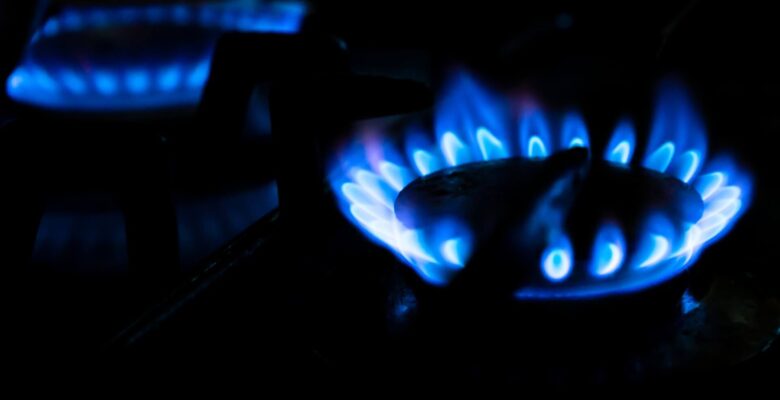
The Office of National Statistics (ONS) has published its October Consumer Price Index (CPI), revealing year-on-year inflation has reached 11.1%, its highest level since 1981.
Increases to household electricity and gas bills were the main contributor to rising inflation in October, following the introduction of the government’s Energy Price Guarantee that replaced Ofgem’s price cap which had been set to rise to even higher levels. The average household is now paying close to double for their electricity and gas compared to October 2021.
Food prices and transport costs are also up on last October, although fuel prices have fallen somewhat compared to last month: petrol prices are 2.9p per litre lower than in September but diesel prices have risen 2.3p per litre due to increased global demand from the energy sector.
The latest CPI figures continue a trend of high inflation, although the rate of price increases appears to have broadly levelled off. Global price rises have been triggered by rising energy prices, in part exacerbated by ongoing sanctions on Russian gas exports following its invasion of Ukraine. The conflict in the country is also impacting food prices, due to Ukraine’s role as a major exporter of agricultural staples, particularly grain and cooking oil. Supply chain challenges due to Brexit is also pushing up inflation in the UK to higher levels than many other developed nations, while action in the USA to strengthen the dollar is also taking its toll, although recent volatility in the value of sterling has eased following Rishi Sunak’s elevation to Prime Minister.
Inflation now sits at its highest level since the ONS began monitoring the CPI in 1997. Based on historical data and estimates, government statisticians believe inflation is now at its highest level since October 1981. The news follows further interest rate rises from the Bank of England earlier this month as the UK’s central bank attempts to take steps to combat the economic impact of rising prices, and continued high inflation makes further rate rises more likely.
Chancellor of the Exchequer, Jeremy Hunt, is expected to announce his Autumn Statement tomorrow (17th November) where he is expected to propose action to counteract the impact of coronavirus support and rising inflation on the government coffers. The statement had been due to take place on 31st October, however, it was delayed following Liz Truss’ resignation as Prime Minister.




















 Northern businesses backed with over £1.7 million in NPIF II Smaller Loans
Northern businesses backed with over £1.7 million in NPIF II Smaller Loans  GCBF and River Capital drive North West growth with £1.4 million NPIF II investment
GCBF and River Capital drive North West growth with £1.4 million NPIF II investment  British Business Bank reveals impact after a decade of support for small businesses in the North West
British Business Bank reveals impact after a decade of support for small businesses in the North West